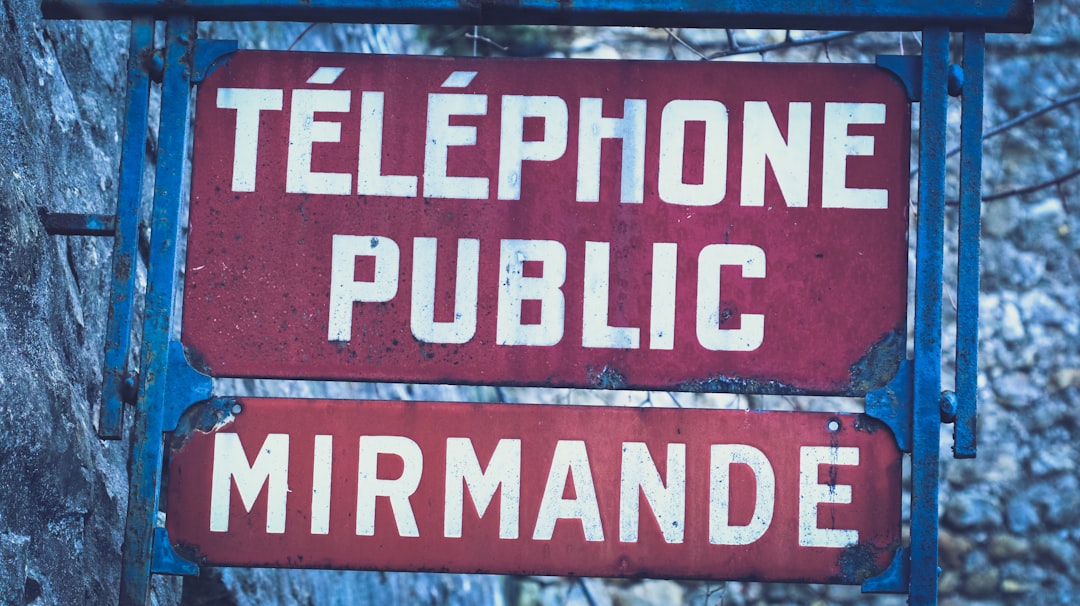In Colorado, "No-Call" laws protect residents from unwanted telemarketing calls by requiring explicit consent before sales pitches. Businesses must adhere to these regulations, faced with significant penalties. No Call Lawyers Colorado specialize in ensuring compliance, providing legal support, and safeguarding consumer rights through opt-out registries like the National Do Not Call Registry and Colorado's specific list. Violations incur substantial fines, with consumers able to seek legal assistance from these specialists.
“Navigating the complex landscape of consumer protection, this article sheds light on Colorado’s stringent ‘No-Call’ laws aimed at curbing telemarketing practices. With a focus on legal perspectives, it explores who these regulations bind—from telemarketers to exclusions—and what constitutes solicitation under the law. Understanding these nuances is crucial for sales professionals, as violations can lead to severe penalties. Discover the do’s and don’ts of making sales calls in Colorado and equip yourself with knowledge from top No Call Lawyers Colorado experts.”
Understanding Colorado's No-Call Laws: A Legal Perspective

In Colorado, the “No-Call” laws are a set of stringent regulations designed to protect residents from unwanted telephone solicitations. These laws, administered by the Colorado Attorney General’s Office, give citizens the right to refuse incoming sales calls and prevent telemarketers from harassing or manipulating them. Understanding these laws is crucial for both residents and No Call Lawyers Colorado, as violations can result in significant penalties.
The regulations stipulate that businesses must obtain explicit consent from residents before placing telemarketing calls. This means that cold calling, or unsolicited sales pitches, are generally prohibited. Residents who wish to opt-out of such calls can register their numbers with the National Do Not Call Registry or with Colorado’s specific Do Not Call List. No Call Lawyers Colorado play a vital role in ensuring these laws are adhered to, offering legal guidance and representation to businesses while safeguarding consumer rights.
Who Does the Law Apply To: Telemarketers and Their Exclusions

In Colorado, the “No-Call” laws are designed to protect residents from unwanted telemarketing calls. These laws apply primarily to telemarketers and their agents who engage in outbound sales or solicitation over the phone. The regulations specifically target individuals or businesses that call telephone numbers listed on the “Do Not Call” registry. It’s crucial for telemarketers to understand that these rules extend to various forms of communication, including live operators, prerecorded messages, and automated dialing systems.
However, there are some exclusions to keep in mind. The No-Call laws do not apply to calls made by individuals or businesses located within Colorado for the purpose of conducting business with current customers or clients who have an existing relationship. Moreover, certain organizations, such as political candidates or charitable organizations, may have different guidelines and registration requirements when making telemarketing calls. For any telemarketer operating in Colorado, it’s essential to consult with No-Call Lawyers Colorado to ensure compliance and avoid legal repercussions.
Defining Solicitation and Its Implications

In the context of Colorado’s strict no-call laws, it’s crucial to understand what constitutes solicitation. This term refers to any attempt by a telemarketer or sales representative to reach out and promote products or services directly to potential customers over the phone. It encompasses calls, texts, and even emails designed to generate interest in purchasing or investing. However, not all outreach is considered solicitation; legitimate businesses may contact individuals for purposes like updating customer records or providing pre-screened offers, as long as these interactions are opt-in and respect specified boundaries.
The implications of defining solicitation accurately extend beyond legal compliance. For no-call lawyers in Colorado, it means discerning the fine line between marketing efforts and unwanted intrusions. Businesses must adhere to strict regulations that protect residents from excessive sales calls, ensuring peace of mind and minimizing consumer frustration. Understanding these rules is essential, especially for companies aiming to maintain a positive customer relationship while navigating Colorado’s protective legislation.
The Do's and Don'ts of Making Sales Calls in Colorado

In Colorado, making sales calls can be a delicate matter, with strict regulations in place to protect residents from unwanted phone solicitations. The state’s No-Call laws are designed to ensure that individuals and businesses respect citizens’ privacy and personal time. When conducting sales calls, it’s essential to follow certain guidelines to stay compliant and avoid potential legal issues with No Call Lawyers Colorado.
Do: Obtain explicit consent before dialing. This means having a clear and written agreement from the recipient, allowing you to contact them for sales purposes. Respect their decision if they choose not to give permission. Don’t: Call numbers on the Do Not Call Registry or those who have opted out of solicitations. These are individuals who have made it clear they don’t want sales calls, and violation of this can lead to legal repercussions. Also, never use automated or pre-recorded messages without proper disclosures and opt-out options.
Enforcement and Penalties: What to Expect as a Telemarketer

In Colorado, enforcement of the no-call laws is taken very seriously. Violations can result in substantial penalties for telemarketers and their companies. Fines start at $100 per violation and can increase to $500 or more for repeated offenses. Moreover, affected consumers may seek legal recourse with the help of No Call Lawyers Colorado. These professionals specialize in navigating the state’s strict regulations and protecting citizens from unwanted phone calls.
Telemarketers should expect proactive monitoring by regulatory bodies and a robust legal framework. Any attempt to call individuals or businesses on the Do Not Call list can lead to immediate complaints, fines, and potential lawsuits. Therefore, understanding and adhering to Colorado’s no-call laws is crucial for telemarketing operations to avoid legal complications and maintain consumer trust.






